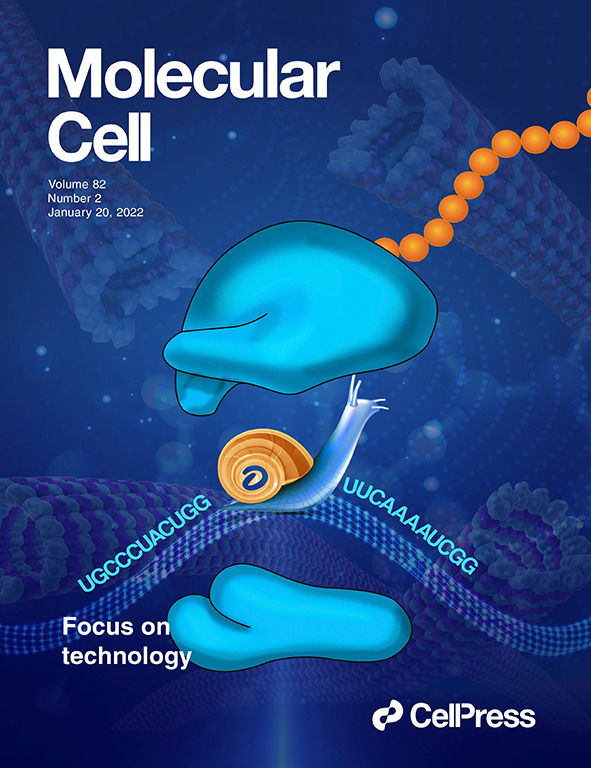READRetro web: A user-friendly platform for predicting plant natural product biosynthesis
IF 6.5
3区 生物学
Q2 BIOCHEMISTRY & MOLECULAR BIOLOGY
引用次数: 0
Abstract
Natural products (NPs), a fundamental class of bioactive molecules with broad applicability, are valuable sources in pharmaceutical research and drug discovery. Despite their significance, the large-scale production of NPs is often limited by their availability and scalability, requiring alternative approaches such as metabolic engineering or biosynthesis. To identify ideal pathways for the mass production of NPs, deep learning-based retrosynthesis models have been recently developed. Such models accelerate NP discovery; however, these tools are often not easy to use for researchers with a limited computational background, because they require complex environment configurations, command-line interfaces, and substantial computational resources. Here, we introduce READRetro web, a user-friendly web platform that integrates the READRetro machine learning (ML) model for retrosynthesis prediction. Based on modern web technologies, our web platform provides a fast and responsive user experience. READRetro Web bridges the gap between advanced ML-driven retrosynthesis and practical research workflows, making retrosynthesis prediction accessible to a broader range of researchers. Our platform demonstrates high predictive accuracy and computational efficiency, offering well-organized results to facilitate NP retrosynthetic pathway design. READRetro Web is freely accessible via https://readretro.net.
READRetro Web:一个预测植物天然产物生物合成的用户友好平台。
天然产物(NPs)是一类具有广泛适用性的基本生物活性分子,是药物研究和药物发现的重要来源。尽管具有重要意义,但NPs的大规模生产往往受到其可用性和可扩展性的限制,需要替代方法,如代谢工程或生物合成。为了确定大规模生产NPs的理想途径,最近开发了基于深度学习的逆合成模型。这样的模型加速了NP发现,然而,对于计算背景有限的研究人员来说,这些工具通常不容易使用,因为它们需要复杂的环境配置、命令行界面和大量的计算资源。这里我们介绍READRetro Web,这是一个用户友好的Web平台,它集成了READRetro ML模型用于逆转录预测。基于现代网络技术,我们的网络平台提供了快速响应的用户体验。READRetro Web弥合了先进的ml驱动的反合成和实际研究工作流程之间的差距,使更广泛的研究人员可以进行反合成预测。我们的平台具有较高的预测精度和计算效率,为NP反合成途径设计提供了良好的组织结果。READRetro Web可以通过https://readretro.net免费访问。
本文章由计算机程序翻译,如有差异,请以英文原文为准。
求助全文
约1分钟内获得全文
求助全文
来源期刊

Molecules and Cells
生物-生化与分子生物学
CiteScore
6.60
自引率
10.50%
发文量
83
审稿时长
2.3 months
期刊介绍:
Molecules and Cells is an international on-line open-access journal devoted to the advancement and dissemination of fundamental knowledge in molecular and cellular biology. It was launched in 1990 and ISO abbreviation is "Mol. Cells". Reports on a broad range of topics of general interest to molecular and cell biologists are published. It is published on the last day of each month by the Korean Society for Molecular and Cellular Biology.
 求助内容:
求助内容: 应助结果提醒方式:
应助结果提醒方式:


